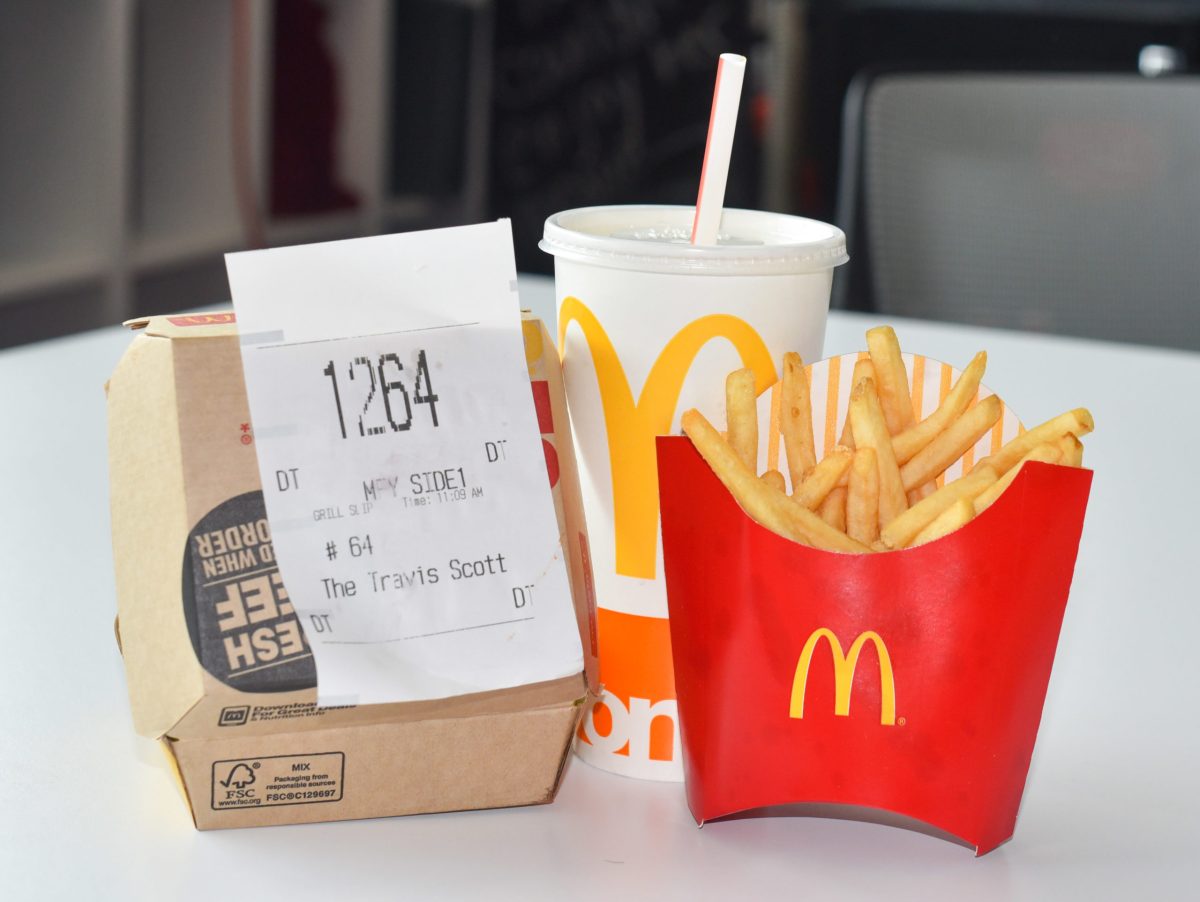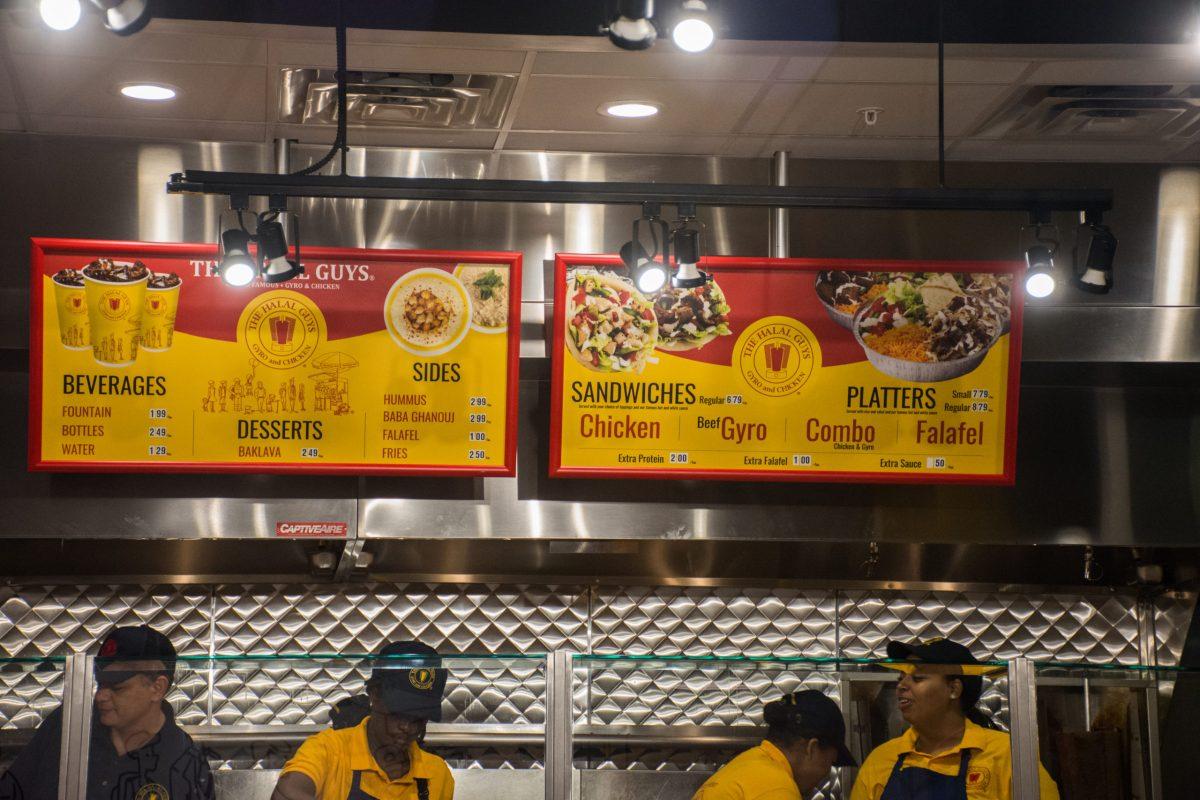Social media is one of the most polarizing inventions created by mankind. Just like any other step towards a more connected world, it has amassed a load of praise and criticism in it’s existence. One thing that people love to talk about is how social media connects people in more ways than ever before. However, opposers to this concept believe that social media makes it easier for people to stay in their own bubble, for they can decide what they want to see by “following” things they like and “blocking” things they don’t like. There is no greater example of this argument then the 2016 presidential election, where Donald J Trump beat Hillary Clinton by winning the majority of electoral votes, while Clinton won the majority of the popular vote. While recounts are occurring in a few states, it is very unlikely that the result will change that much. The question now becomes: what was the motive for the voters when they went to the voting booths? The answer is a lot easier than you think, for once again, social media has reared its head in the discussion, and it is anything but a civilized matter.
Numerous people accused Facebook of deciding the results of the election, for it appeared that there were a string of Facebook news articles floating all over the media site. While news on Facebook is nothing new, it appeared that the news was anything but actual news as it was, in fact, fake. Numerous articles about both Donald Trump and Hillary Clinton were posted on the website which caused people to believe stories that had no substantial evidence and were only made to sway undecided voters to vote either Republican or Democratic. While some people believe that Facebook should not be solely responsible for the result, which it isn’t, it is important to look at what effect it did have on the election and how something like this can be avoided in the future. According to Pew Research, “A majority of U.S. adults – 62% – get news on social media, and 18% do so often.” That’s a lot of people when you look at it, for this means that six out of every ten Americans get their news from social media. According to Buzzfeed.com, thirty eight percent of Republican leaning pages posted fake news articles compared to nineteen percent of Democratic leaning pages. These are not good numbers for either side, as it shows that both sides are responsible for the spread of misinformation, and both sides need to further address what exactly their campaign stands for.
John Oliver said this, “cesspool of nonsense” is a real concern for most Americans and it does not help the fact that numerous people are not willing to look further into these articles for factual proof. Instead, people are more willing to share these articles hundreds of times, causing misinformation to spread rapidly, causing many people to see what they want to see, rather than what is the actual truth. In the end, it is up to us to make sure that we are open-minded with what is on Facebook, and even though we may agree with an article’s viewpoint, it doesn’t change the fact that the article needs to be as factual and as truthful as possible to ensure that we all more well informed about what is really going on.






























